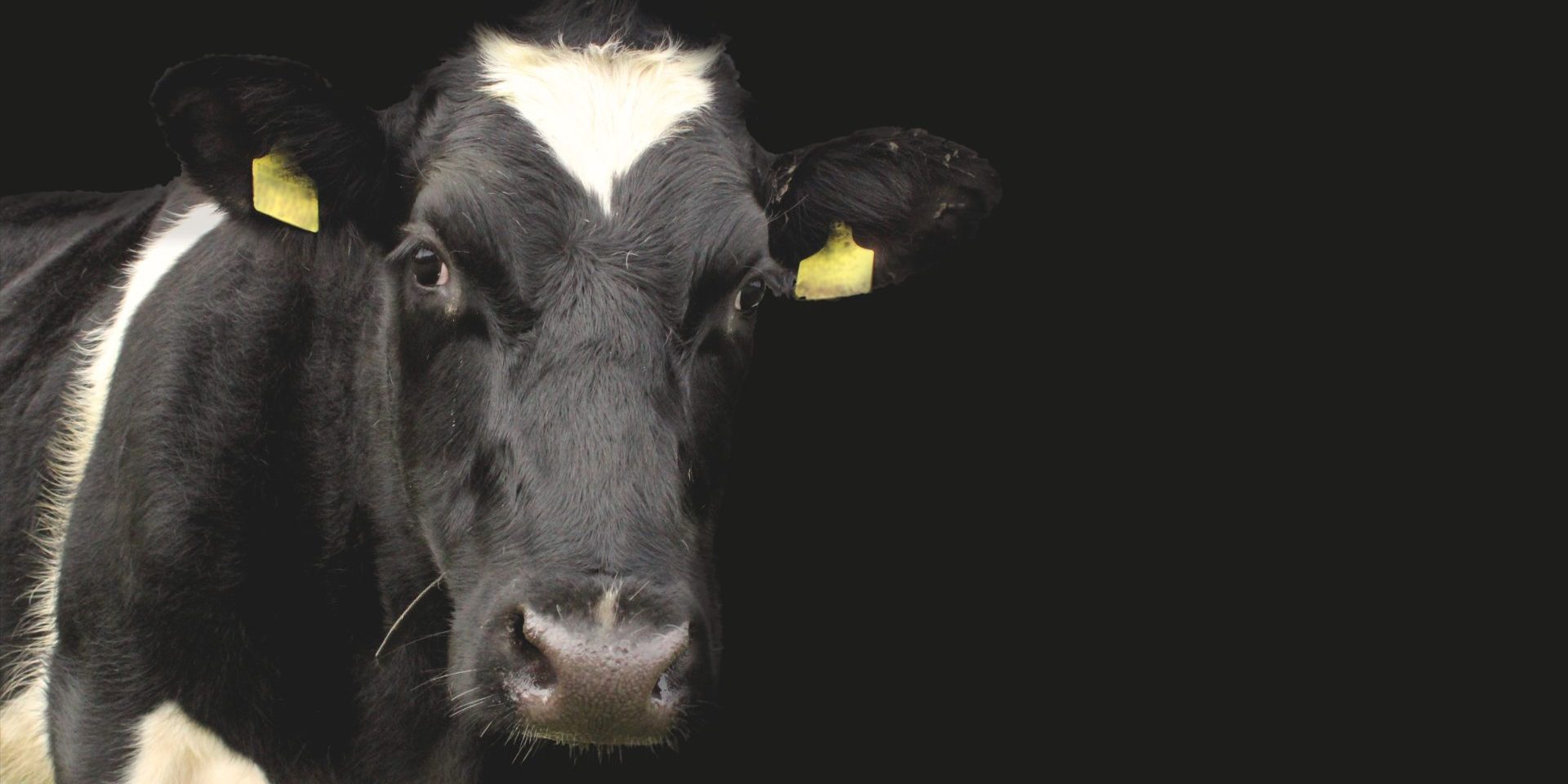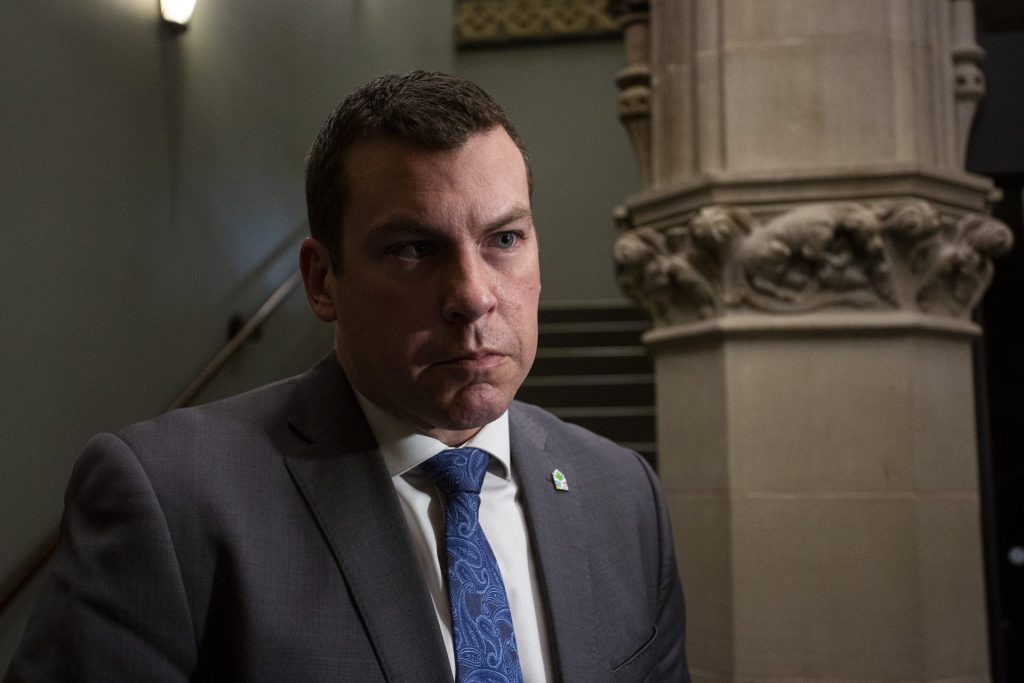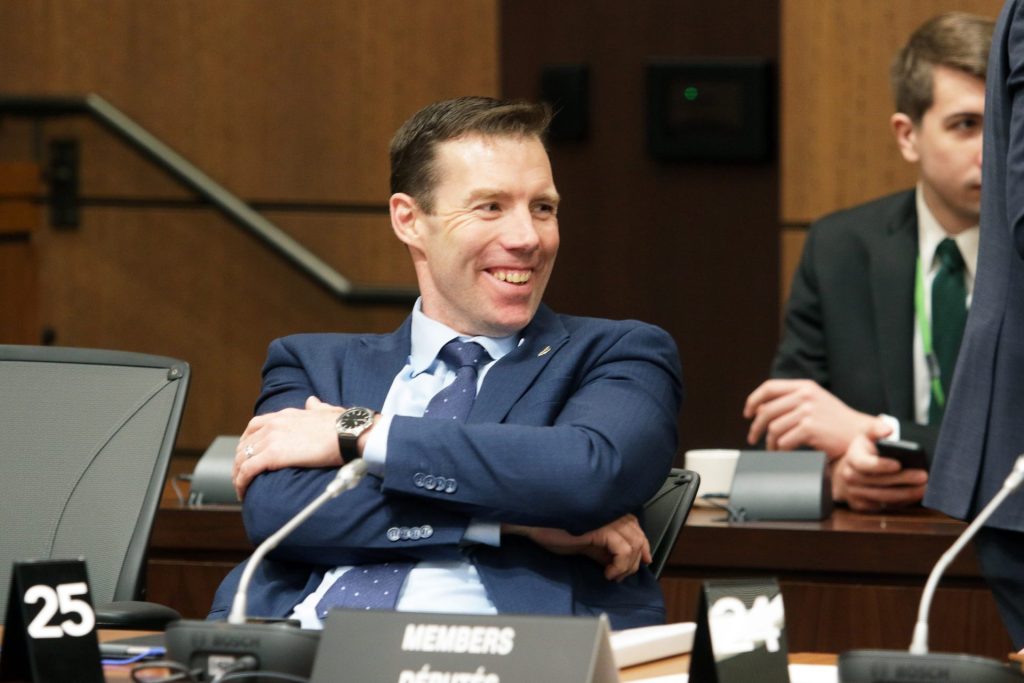Supply management consensus emerges but Grits, Tories accuse each other of past capitulation

During the ongoing election campaign, all major parties have pledged to vehemently defend supply management with little policy contrasts between them, but the Liberals and Conservatives are sparring over historical missteps in negotiating away access in past trade talks.
Longtime Conservative agriculture critic John Barlow, running for re-election in Foothills, Alta., accused the Liberal government of sacrificing supply-managed sectors in the Canada-United States-Mexico Agreement (CUSMA). In turn, Liberal Agriculture Minister Kody Blois, who is up for re-election in King-Hants, N.S., chastised the Conservatives for doing the same during trade negotiations with the European Union.
Barlow said that the Conservatives have “always defended” supply management.
“Which is different than the Liberals who sold supply management on CUSMA,” he said during an April 17 debate hosted by the Canadian Federation of Agriculture, citing the elimination of class six and seven pricing for skim milk powder.
Blois said Barlow “may forget” that the Conservatives negotiated away supply-management access in the Canada-European Union Comprehensive Economic and Trade Agreement. Negotiations for the deal with the EU began under the Harper Conservatives, but the pact was signed by the Liberal government in 2016.
“We were under real duress. We made sure compensation was there. Glad to hear the Conservatives talking about supply management 75 per cent into this campaign,” Blois said.
During the debate, Blois noted that he has the most supply-managed farmers east of Quebec living in his riding.
On March 28, in the early days of the federal contest, Bloc Québécois Leader Yves-François Blanchet—who is running for re-election in Beloeil–Chambly, Que.—held a campaign stop at a dairy farm.
The Bloc has pledged as part of its campaign platform to re-introduce a private member’s bill to ban supply management concessions in trade negotiations. It has twice tried to pass similar legislation. The most recent effort died on the Order Paper in the Senate at the call of the election after receiving all-party support in the House.

Representing the Bloc at the agriculture debate, incumbent Yves Perron placed blame on both the Liberals and Conservatives for the bill failing to pass in the Senate.
“We’ve had systematic blocking [of the bill] by Senators appointed by [then-prime minister Justin] Trudeau,” said Perron, who is seeking re-election in Berthier–Maskinongé, Que. “The Conservatives as well also blocked [the bill] in the Senate.”
Blois said that Liberal Leader Mark Carney has been “clear” that supply management won’t be on the negotiation table.
That pledge was included in the Liberal platform that was released on April 19, with a reference to negotiations with the U.S.
Canadian dairy has been a frequent target of U.S. President Donald Trump, who has argued that Canada places an exceedingly punishing tariff on imports.
Carney hasn’t committed to supporting a Bloc bill to ban supply management concessions in trade talks.
“It’s not necessary to make laws for negotiating positions,” he said, according to a Canadian Press report.
All but two Liberal MPs—including now-Housing Minister Nathaniel Erskine-Smith—voted for the Bloc bill in the last Parliament.
Blois spotlighted the Conservatives’ voting record on the bill.
“The Conservatives … with regards to the bill were very weak in the House,” Blois said in French. “We are open to discussions around bills, but it’s very important to elect and make sure that people are strong around supply management.”

The Conservative caucus was divided on the bill, with 56 MPs voting in favour and 49 against. Conservative Leader Pierre Poilievre voted in favour of the bill, but voted against a mirroring bill in the preceding 43rd Parliament.
Barlow responded by once again criticizing the Liberal government for throwing dairy farmers “under the bus” during CUSMA negotiations.
Poilievre has vowed to rapidly renegotiate CUSMA, but there is an open question of whether that can be done without the U.S. demanding more access to Canada’s supply-managed sectors.
In an April 18 speech, NDP Leader Jagmeet Singh trumpeted enacting laws that will protect supply management.
Supply management’s Trump bump
Simon Fraser University assistant professor Alex Rivard, who has researched Canadian public opinion on supply management, said the issue isn’t likely to drive many votes given the similarities between the parties.
“Supply management is probably the only issue that all parties agree on,” he said. “It’s also the issue where the difference between the parties is who supports it the most.”
He said the importance of the issue can be diminished by how well it is understood, with references by leaders to protecting supply management often not mentioning what sectors are at stake: dairy, eggs, and poultry.
“Canadians might think it applies to more agricultural areas than what they think,” he said.
In a 2021 study, Rivard found that only 4.7 per cent of respondents could correctly identify the three commodities that make up the supply-management regime without identifying any additional incorrect commodity.
He said that the issue has been increasingly wrapped up in an anti-Trump message than one about the system in itself.
“I think what is happening here is that this is getting lumped into broader protections and tariffs against Trump,” he said. “People might not know what it is, but they know it involves Americans taking our dairy or whatever.”
He said the anti-American link allows Canadians to fully endorse the system without necessarily knowing what it is.
“It’s like a proxy for … Canadian nationalism,” he said. “You can defend yourself by supply management and trying to defend Canadian nationalism at the same time. I think that’s exactly what we are seeing.”
Rivard said the electoral fight is over who can be seen as the biggest backer of the system.

Former NDP staffer Cameron Holmstrom said the only way that the issue is likely to motivate voters is if a party was arguing to scrap the system.
“I don’t think anyone is so far outside the status quo for the positive of protecting it that it really makes a big difference,” said Holmstrom, now founder and principal of Niipaawi Strategies.
“The only party over the last 10 years who’s run on actually affecting and doing away with supply management was Maxime Bernier’s People’s Party. Everyone’s always been on side,” he said. “The difference here is between the words and actions.”
He said that it is unlikely that the Bloc will garner an abundance of votes for introducing its supply management bill given it had cross-party support.
Holmstrom said a Quebec voter would have the option of voting for a Bloc MP or a potential government MP who can directly impact the issue.
“I think [voters] are looking at people who are going to have a chance at being at a government table—that’s hurting the Bloc, it’s hurting the NDP,” he said.
Despite that, Holmstrom said that both the Liberals and Conservatives have their “flaws” on supply management as previous governments have negotiated away access.
But that is diminished because the parties are not actively campaigning to bring down the system. Holmstrom noted that opposition to the regime mainly comes from economists “of a certain bent,” and not the political class.
“When it comes to the system itself, there’s a lot of agreement around it,” he said.
nmoss@hilltimes.com
The Hill Times






 LICENSING
LICENSING PODCAST
PODCAST ALERTS
ALERTS













